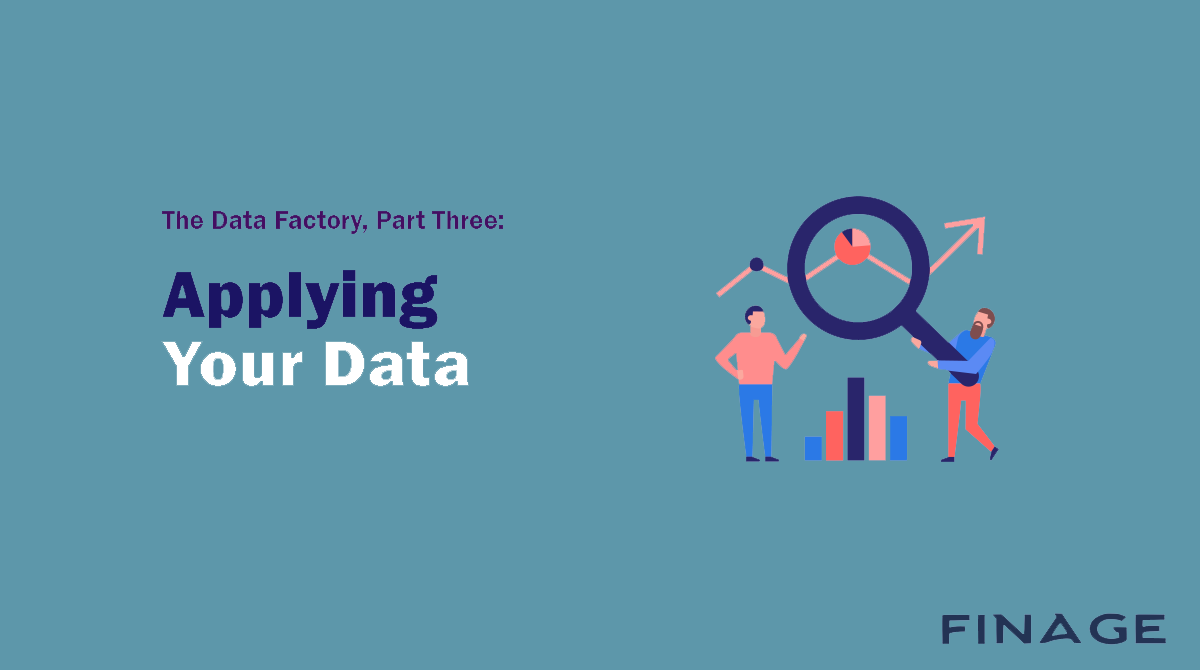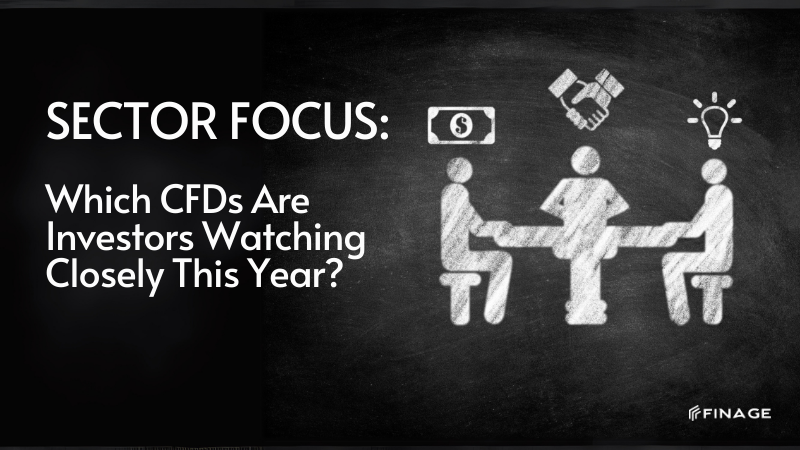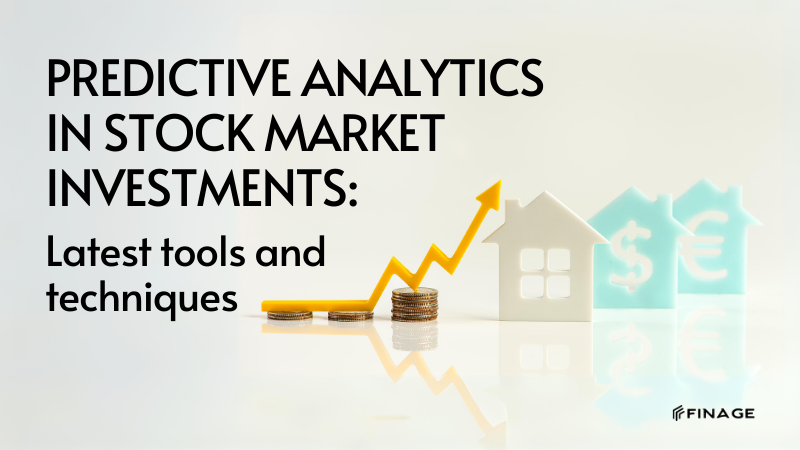Back to Blog
by Finage at April 26, 2021 3 MIN READ
Finage News

Finage Data Factory: Applying the Data | Part 3
Data Factory: Full Overview
Data is a very valuable tool for every organization. In fact, could you really say you have a business without it? Probably not. That being said, the nature of data matters as well. The wrong kind of information can slow down business or even completely halt its progress. Let’s check out the main stages in data management. And as all processes start when you acquire the beneficial data, here is the first approach to begin with:
#3: Apply the Data
The third stage is finding the best way to utilize it so that you can achieve your goals. It is very important to remember that this stage is dependent on the previous one to a certain extent. This is the case because clean data is easy to understand and interpret. The by-product is a set of data that has one specific goal; to get your numbers where they are supposed to be.
The next stage of the data factory is basically the harvest that shows how well we took care of the data that we acquired and cultivated. So how do you ensure that your previous hard work does not go to waste? Let’s look at the best way to apply your data.
Best way to apply the data
This stage involves a group of different specialists with a common goal. The purpose of this is to have input from all the departments of a company to set a trajectory that will be beneficial for all the parties involved and guarantee growth. This stage is made up of data analysts, members of the research department, marketing, and management. Let's look at how this process can take place with a simple example of an airline company that offers local and international flights:
- In order for it to have an idea of how to maximize its operations, it requires data. This data is usually provided by third-party sources on search engines. Individuals who are interested in booking a flight will first check the cost and probably where they will stay (if the purpose is tourism).
What does all of this mean? The data taken from these search engines have a lot of potential and serve many roles. For example, an analyst can come to a conclusion that the number of visitation to airline websites is proportional to the amount of revenue generated by the company. If this is actually the case it could enable you to focus on getting as many eyes and clicks from the websites as possible. Thus, the data served it purpose and gave you a solution that has significant promise.
- Another point of view about how to best apply data can be provided. Contrary to the review of a quantitative analyst this one takes a more qualitative look at data. Sticking to the same example, the qualitative approach could reveal that the number of visits or clicks would not affect the overall revenue of the airline, especially if there are some facts to back it up. This could only mean there are other important factors that should come into play when assessing how data would be applied.
In our example, the qualitative analysis focused on the numbers while neglecting the quality of the fleet of aircraft which plays an important role in income generation. In the application of data, you have to be able to look at all dimensions of data in front of you. A single piece of data can have multiple dimensions and raise a lot of questions. Going through each of these possibilities will help you find the best way to use it.
Research, development, and visualizing data
We look at how different companies may choose to apply the data they have. In this stage, a lot of theories are suggested of how the data can be used. Making decisions off of these theories can be a bit risky and that is why we need an intermediate step before making a final play.
The right research can provide more context to a hypothesis and prove or disprove it.
During the stages of research, you make sure that enough tests are conducted. With extensive research, you will be able to see what features of data could actually be misleading even if the previous analysis was in favor of its usage.
Also, machine learning is a technology that has been widely applied during the research period. It uses existing data and identifies distinct patterns which aid it in predicting various possible outcomes. Dealing with data can be a bit intimidating. Therefore, it is important to use data visualization tools. These include both software programs as well as monitors and tablets.
Featured Posts

Sector Focus: Which CFDs Are Investors Watching Closely This Year?
April 24, 2024

What's New at Finage: Latest Features and Services for 2024
April 23, 2024

Predictive Analytics in Stock Market Investments: Latest Tools and Techniques
April 22, 2024

NFTs in the Entertainment Niche & Its Role in the Web3 Ecosystem
April 21, 2024

DeFi in 2024: Exploring the Growth & Impact on Traditional Financial Services
April 20, 2024
Categories
Forex
Finage Updates
Stocks
Real-Time Data
Finage News
Crypto
ETFs
Indices
Technical Guides
Financial Statements
Excel Plugin
Web3
Tags
finage data factory
Transform the Data
how to transform market data
market data using on fintech
finage Stock API
finage currency api
finage cryptocurrency api
finage indices api
finage etf api
Join Us
You can test all data feeds today!
Start Free Trial

If you need more information about data feeds, feel free to ask our team.
Request Consultation
Back to Blog
Please note that all data provided under Finage and on this website, including the prices displayed on the ticker and charts pages, are not necessarily real-time or accurate. They are strictly intended for informational purposes and should not be relied upon for investing or trading decisions. Redistribution of the information displayed on or provided by Finage is strictly prohibited. Please be aware that the data types offered are not sourced directly or indirectly from any exchanges, but rather from over-the-counter, peer-to-peer, and market makers. Therefore, the prices may not be accurate and could differ from the actual market prices. We want to emphasize that we are not liable for any trading or investing losses that you may incur. By using the data, charts, or any related information, you accept all responsibility for any risks involved. Finage will not accept any liability for losses or damages arising from the use of our data or related services. By accessing our website or using our services, all users/visitors are deemed to have accepted these conditions.